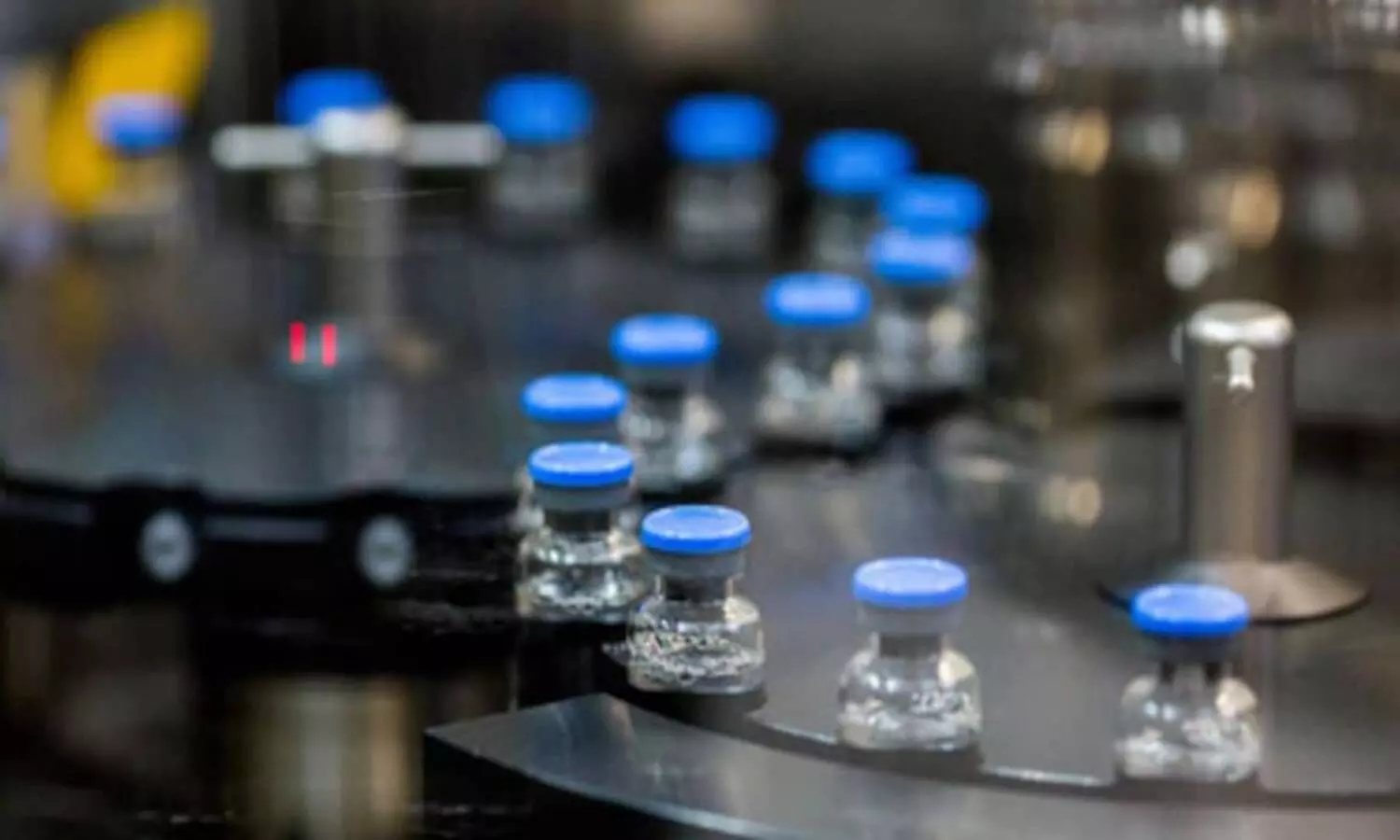One batch of Covaxin takes 120 days to manufacture, test and release
The timeline for manufacturing, testing, and releasing a batch of Covaxin is approximately 120 days, depending on the technology framework and regulatory guidelines to be met.
By Newsmeter Network
Hyderabad: Bharat Biotech, the manufacturer of Covaxin, India's indigenous COVID-19 vaccine, on Friday said that the process of manufacturing, testing, and releasing a batch of Covaxin takes approximately 120 days.
The company said that the manufacturing, testing, release and distribution of vaccines is a complex and multifactorial process with hundreds of steps, requiring a diverse pool of human resources. From the time vaccines are produced to result to actual vaccination of people, highly coordinated efforts are required from international supply chains, manufacturers, regulators and state and central government agencies.
The scaling up of vaccines is a step-by-step process, involving several regulatory SOPs of GMP (Standard Operating Procedures of Good Manufacturing Practices). There is a four-month lag time for Covaxin to translate into actual vaccination.
The timeline for manufacturing, testing, and releasing a batch of Covaxin is approximately 120 days, depending on the technology framework and regulatory guidelines to be met. Thus, production batches of Covaxin that were initiated during March this year will be ready for supply only during June.
Based on Central Drugs Standard Control Organisation (CDSCO) guidelines, all vaccines supplied in India are mandated by law to be submitted for testing and release to the Central Drugs Laboratory, Government of India. All batches of vaccines supplied to state and central governments are based on the allocation framework received from the Government of India.
The vaccine supplies take two days to reach the depots of the state and central governments from Bharat Biotech's facilities. The vaccines received at these depots have to be further distributed by the state governments to various districts. This requires an additional number of days. The vaccines of the ongoing pandemic are distributed by respective governments equitably across all sections of the population. Vaccines once available at the vaccination centres are then administered to recipients over a period of time, based on demand.